All things having to do with the ocean and it's wildlife. sometimes mermaids and pirates. whatever i feel like posting. main blog is himynameissueshe
219 posts
Latest Posts by fishyaesthetics - Page 6
RESEARCHERS DISCOVER THREE NEW SPECIES OF CHIMAERA
Chimaeras are cartilaginous fishes commonly known as ghost sharks. Their closest living relatives are sharks, skates and rays, though in evolutionary terms, they branched off from sharks nearly 400 million years ago. Today, they are largely confined to deep water environment.
Three new species of Chimaera are described from the Southwestern Indian Ocean, from seamounts of Walters Shoal, the Madagascar Ridge, and the Southwestern Indian Ridge. According to researchers, this is the first record of the genus in the Southwestern Indian Ocean, and brings the global total to 19 species. The new species presented here are distinguishable from their congeners by a combination of coloration, morphology, meristic, and genetics.
Seafarer’s Ghost Shark (Chimaera willwatchi): is distinguished by its brown-purple coloration and large body, blocky head with square snout, well-defined suborbital ridges, and a strong dorsal spine exceeding first dorsal apex.

The Falkor Chimaera (Chimaera didierae): can be distinguished by its light tan body color, slender body, short trunk, long tail, relatively robust spine, very small unpaired fins, and extremely deciduous skin.

Dark-mouth Chimaera (Chimaera buccanigella): is distinguished by its light tan body color, stocky body, short trunk, tapering rapidly into a long tail, long, very straight spine, skin not deciduous.

you KNOW we scavenging the sea floor for nutrients

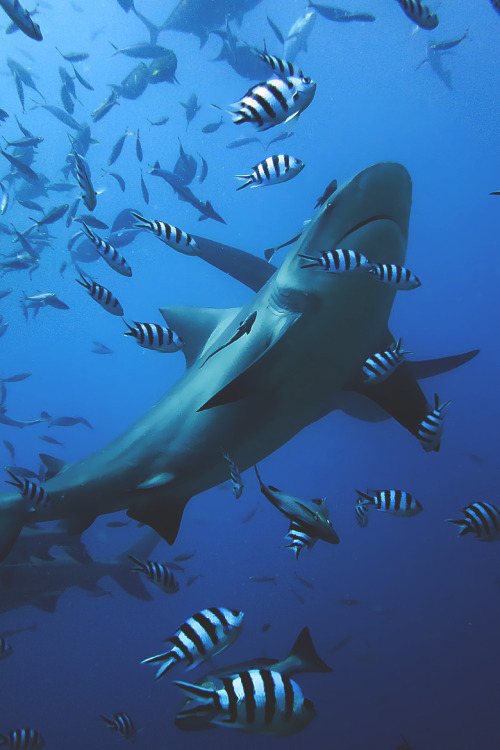
Bow tie by: Ashley Dowle
all species of conch look utterly suspicious and vaguely terrified their entire lives

Countdown to Calving at Antarctica's Brunt Ice Shelf

Cracks growing across Antarctica’s Brunt Ice Shelf are poised to release an iceberg with an area about twice the size of New York City, (about 604 square miles). It is not yet clear how the remaining ice shelf will respond following the break, posing an uncertain future for scientific infrastructure and a human presence on the shelf that was first established in 1955.

NASA Earth Observatory image by Joshua Stevens, using Landsat data from the U.S. Geological Survey. Story by Kathryn Hansen, with image interpretation by Chris Shuman (NASA/UMBC).
The above image, from the Operational Land Imager (OLI) on Landsat 8, shows the area on January 23, 2019. The crack along the top of the image—the so-called Halloween crack—first appeared in late October 2016 and continues to grow eastward from an area known as the McDonald Ice Rumples. The rumples are due to the way ice flows over an underwater formation, where the bedrock rises high enough to reach into the underside of the ice shelf. This rocky formation impedes the flow of ice and causes pressure waves, crevasses, and rifts to form at the surface.
The more immediate concern is the rift visible in the center of the image. Previously stable for about 35 years, this crack recently started accelerating northward as fast as 4 kilometers per year.
Calving is a normal part of the life cycle of ice shelves, but the recent changes are unfamiliar in this area. The edge of the Brunt Ice Shelf has evolved slowly since Ernest Shackleton surveyed the coast in 1915, but it has been speeding up in the past several years.
Make sure to follow us on Tumblr for your regular dose of space: http://nasa.tumblr.com









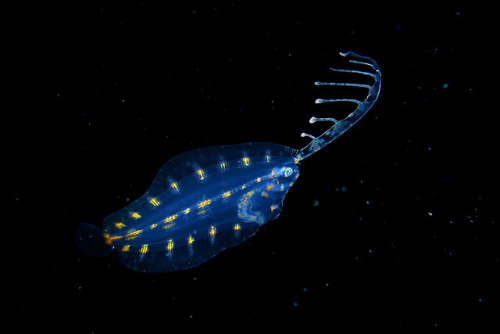
Ocean Photography by Japan’s Ryo Minemizu

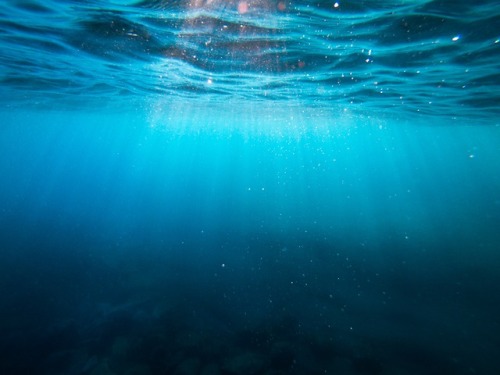
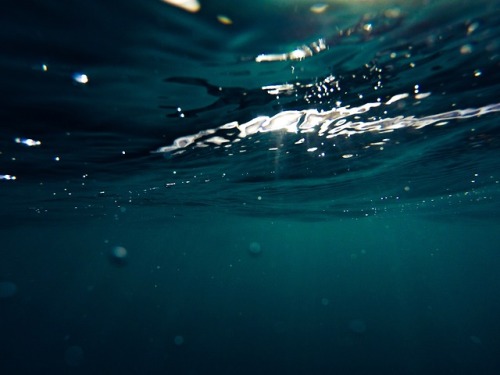
by Cristian Palmer
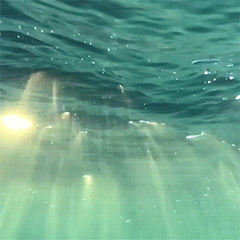

Ocean waves by ryanpernofski


Illustration by French artist, Chéri Hérouard (1881-1961), for society mag, La Vie Parisienne. August 1916.

babey

It’s nearly 4am so I drew something for mermay
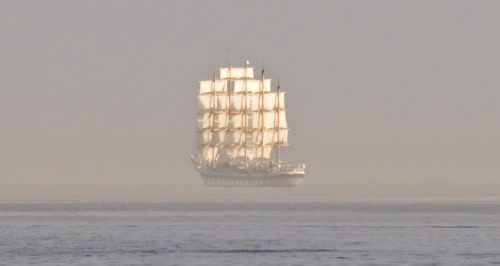

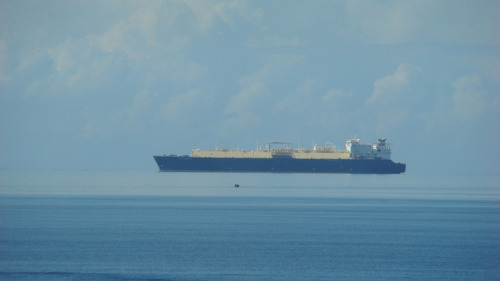

Fata Morgna
A Superior Mirage that comes from the Italian term named after the Arthurian sorceress Morgan le Fay, from a belief that these mirages, often seen in the Strait of Messina, were fairy castles in the air or false land created by her witchcraft to lure sailors to their deaths. It’s also believed that this illusion caused the myth of The Flying Dutchman to emerge.

















IG: Soosh

there’s something about the sight of steps leading down into the water. it feels like the ocean telling me to come home



https://www.instagram.com/p/BwkiTWRnpe0/

https://www.instagram.com/p/BJ8OerQATLb/




Bigfin Squid
(source)
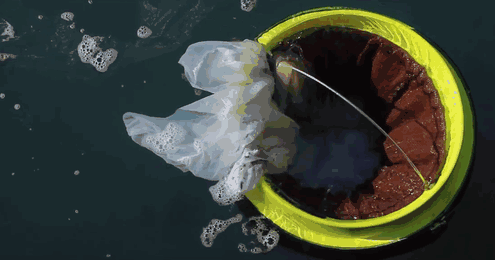
Cleaning the oceans one step at a time
Two Australians created this container that collects plastic, paper, oil, fuel and detergent floating in the ocean. They want to implement it the middle of next year to clean up the sea worldwide. It seems a great idea. The only “but” as always is money, so they are raising funds to get to their goal. You can see their project and donations here.

Portovenere, Italy: @brigrc





alexkyddphoto Sun rays on a beautiful tiger shark.
Lord of the Kraken by Steve Argyle🐙🖤


Hello beautiful followers. I just want to say im sorry i havent been posting much…ive been dealing with some personal things. I love you all! 🤗 I’ll probably reblog some of my earliest posts as they are hidden at thebdepths of my ocean blog lol thank you for still following and understanding!








Hauntingly beautiful ⛵💙





